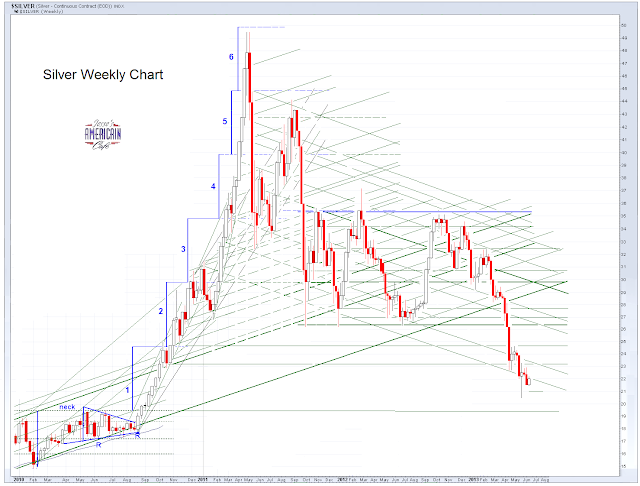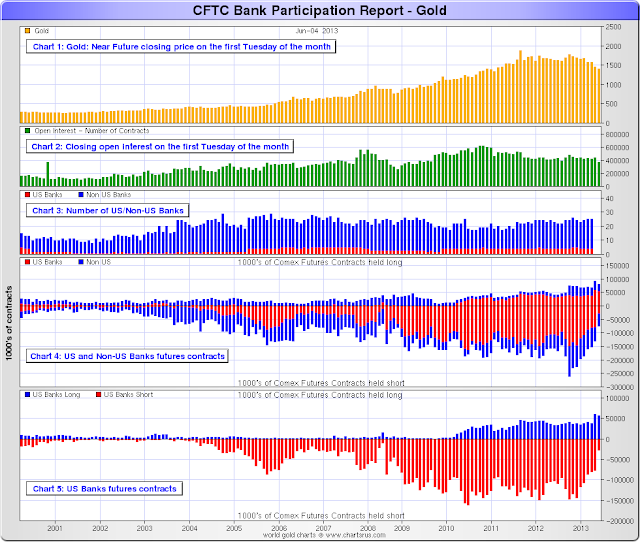Adjust to the accent and speed of delivery if you must, what he has to say is worth hearing and he is quite informative in an entertaining and lively way.
I think it is fair to say that the purpose of his talk is to demonstrate why austerity is a corrosive policy choice. And he does this quite well. In doing so he tends to ignore the roots of the financial crisis, emanating as they did from New York and London in this talk, the distortions caused by regulatory policy changes in the financial system, and the systemic frauds that followed. He does touch on this at the very end in the Q&A which is heartening.
It is not equivalent to say that because austerity is bad, therefore stimulus must be good. If only the world were so linear and simple.
The corruption of the regulatory and political process by Big Money is the bigger long term issue. Therefore he appears to take a more mechanically optimistic, model based view of a US recovery, which I think is unfortunately not correct.
I hate to say on such thin evidence but the talk sounds conventionally Keynesian. He also gives unnecessarily short shrift to the regulation of the growth and quality of credit expansion, but that is probably unfair based only on this talk. I intend to read his book after I listen to this a few more times.
I think we will see a repeat bubble and collapse in the US as we did in the tech stock and housing bubble cycles unless reform occurs. Or the long run trend of inequality will become so severe that the political system will evolve. He speaks of Germany's role in Europe quite a bit, but barely touches on China.
He used Germany's growth out of the depression as a positive model of state activism to cure unemployment. But he ignores the school of thought that this growth never became organic, and was much like a Ponzi scheme. To keep growing it had to expropriate wealth, much of it from the Jews, and engaged in wars of aggression to obtain even more resources that it could not otherwise procure. So National Socialism never really became self-sustaining. I suppose it cold have done so by engaging in the export of goods rather than of bombs and bullets, but that never quite seems to work out either. Think the industrial policies of Germany and China today.
This example has to do with government sponsored stimulus and economic management without reform, and an unhealthy concentration of power, and the the two seem to go together.
He also does not address the currency wars, and imbalances in world trade flows because of governmental policies, which are one of the greatest economic macro changes in our generation. In the past they often have been resolved by military war and the rise of empires. So we will have to see what comes next in this particular iteration of conflicts of interests.
I am not saying Mark Blyth is wrong. I am merely saying that he does not address these things because they lay a bit outside his chosen topic which is the short term dilemma being faced in Europe and the UK. I find his style refreshing and his thought process and ability to tie things together fascinating. I have listened to any number of lectures on the history of economics, and his is one that informs while not making one's eyes glaze over. And for me that is high praise. I wish I knew Mark Blyth well enough to discuss these things over a few beers. He seems like a great guy.
If one is comparing the US to Europe I would grant that it certainly looks better because their system is inherently unstable and not sustainable. And the theme or purpose of his book and talk are that austerity is doomed to failure. And I agree. But I also think that stimulus is also going to fail, unless the system that caused the problems is changed through meaningful reform.
h/t Yves






































